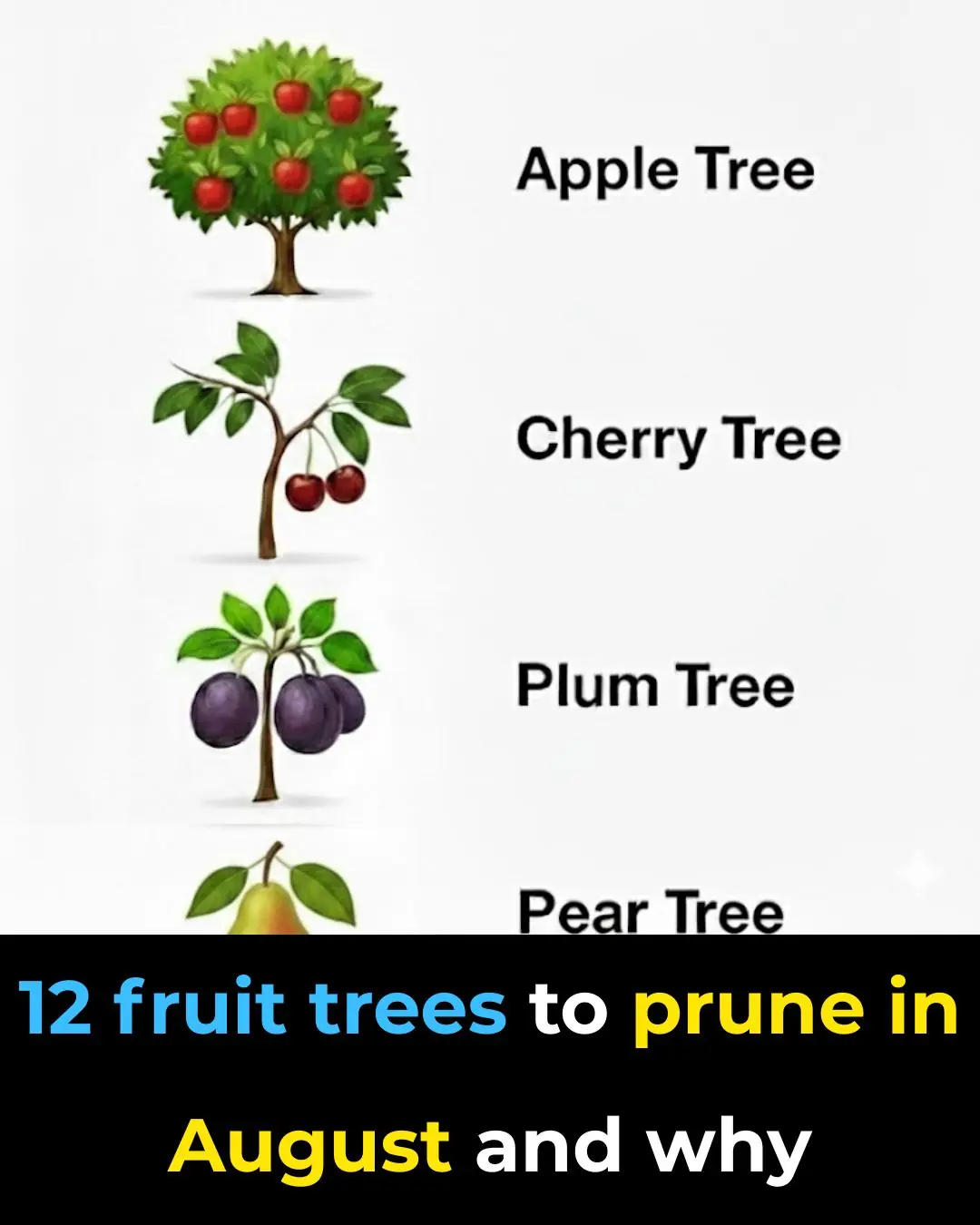
Top 8 vitamins that boost testosterone

As men age, it’s completely natural for testosterone levels to begin declining. This hormonal shift can bring about a variety of changes — such as decreased muscle mass, reduced libido, increased body fat, and even weaker bones. Testosterone is far more than just a “sex hormone”; it’s a crucial chemical messenger that influences muscle strength, bone density, energy levels, mood, cognitive performance, and overall vitality.
However, lifestyle habits can accelerate this decline. Poor sleep (less than 7–8 hours a night), excessive alcohol consumption, overeating processed or sugary foods, and even consuming large amounts of soy can all contribute to reduced testosterone production. These behaviors often lead to higher estrogen levels, which further suppress testosterone and disrupt hormonal balance.
The good news? You don’t have to accept this as an inevitable part of aging. By making a few smart lifestyle and nutritional changes, you can naturally support your body’s testosterone production, helping you feel stronger, sharper, and more youthful well into your later years.
Understanding Testosterone and Why It Matters
Testosterone is a steroid hormone produced mainly in the testes. It’s responsible for driving masculine traits and regulating a wide range of bodily functions. Beyond supporting muscle growth and sexual performance, it also affects mood stability, motivation, metabolism, and cardiovascular health.
When testosterone levels drop, you may notice not just a physical decline, but also subtle emotional and mental changes — such as fatigue, irritability, or reduced confidence. Think of testosterone as the engine oil that keeps your body running smoothly; when it runs low, everything starts to work a bit harder than it should.
What Lowers Testosterone?
While aging plays a natural role, many modern habits can further deplete testosterone levels:
-
Lack of Sleep: Testosterone production peaks during deep sleep, so getting fewer than 7–8 hours regularly can significantly reduce hormone levels.
-
Excess Alcohol: Chronic drinking disrupts hormone synthesis and damages the liver — which plays a major role in metabolizing sex hormones.
-
Poor Diet: Consuming excess sugar, processed foods, and soy products may elevate estrogen levels and suppress testosterone.
-
Excess Body Fat: Fat tissue, particularly around the abdomen, converts testosterone into estrogen through a process called aromatization, leading to hormonal imbalance.
-
Chronic Stress: High cortisol levels (the stress hormone) directly block testosterone production.
The 8 Best Vitamins, Minerals, and Nutrients to Boost Testosterone Naturally
While a balanced diet should always come first, supplements can play a supportive role — especially as absorption efficiency tends to decline with age. Here are eight science-backed nutrients known to enhance testosterone production and hormonal health.
1. Zinc
Zinc is one of the most important trace minerals for testosterone synthesis. A deficiency can quickly lead to lower hormone levels, poor fertility, and even reduced sperm quality.
Daily supplementation with 30mg of zinc can help maintain healthy testosterone and prevent age-related issues like low libido, prostate enlargement, and testicular shrinkage.
Natural sources include oysters, crab, mussels, pumpkin seeds, sesame seeds, pine nuts, and grass-fed beef. Zinc also strengthens your immune system and supports faster recovery after exercise.
2. Vitamin D3
Known as the “sunshine vitamin,” Vitamin D3 acts like a hormone in the body and plays a major role in testosterone regulation. Unfortunately, over 40% of adults are deficient due to indoor lifestyles and limited sun exposure.
Spending at least 30 minutes in direct sunlight each day can improve mood, muscle strength, and natural testosterone levels. For supplementation, 10,000 IU (250 mcg) of Vitamin D3 combined with 100 mcg of Vitamin K2 helps ensure proper calcium metabolism and hormone balance.
Vitamin D also improves sleep quality and supports brain function, both of which are essential for optimal hormone production.
3. L-Arginine
L-Arginine is an amino acid that converts into nitric oxide, which helps expand blood vessels and improve circulation. This process enhances the delivery of testosterone and other nutrients throughout the body.
Commonly used for erectile dysfunction and high blood pressure, L-Arginine can also boost endurance and muscle recovery. Taking 3,000mg (3g) twice daily is a typical dose for noticeable benefits.
4. Vitamin E
Vitamin E is a powerful fat-soluble antioxidant that supports hormone health and protects cells from oxidative stress. It helps the body’s endocrine system signal the brain to produce more testosterone naturally.
Found in avocados, almonds, sunflower seeds, and extra virgin olive oil, Vitamin E also promotes healthy skin, improves libido, and may reduce the risk of age-related cognitive decline. For supplements, look for natural tocotrienols derived from annatto, as they are the most bioavailable form.
5. Panax Ginseng
Used in traditional Chinese medicine for over 2,000 years, Panax Ginseng is an adaptogenic herb that helps the body manage stress while stimulating testosterone and other steroid hormones.
Its active compounds, ginsenosides, are linked to improved brain function, better memory, and enhanced sexual performance. Some research even suggests ginseng may protect the brain from Alzheimer’s and dementia by reducing amyloid plaque buildup.
You can consume it as a powdered tea or capsule—a daily dose can elevate mood, boost stamina, and promote calmness.
6. Magnesium
Stress, poor sleep, and caffeine intake can all drain your magnesium stores — and without enough magnesium, your body struggles to regulate cortisol (the stress hormone). High cortisol suppresses testosterone production.
Magnesium-rich foods include leafy greens, pumpkin seeds, avocados, dark chocolate, and sunflower seeds. Taking 400mg of Magnesium Glycinate or Citrate daily can help calm your nervous system, improve sleep quality, and raise free testosterone levels.
7. DHEA
Dehydroepiandrosterone (DHEA) is a hormone precursor made in the adrenal glands that the body converts into testosterone and estrogen. Supplementing with 25–50mg daily can help maintain muscle mass, increase energy, and support healthy skin as you age.
DHEA also improves cognitive function and slows some visible signs of aging by keeping hormone production balanced.
8. Boron
Although needed only in trace amounts, boron plays a crucial role in freeing up testosterone bound to SHBG (sex hormone-binding globulin), allowing more of it to circulate and function effectively.
Taking 6–12mg daily can raise free testosterone, reduce joint inflammation, and help balance estrogen levels. Because modern farming has depleted boron in the soil, supplementing can be beneficial. You can also find boron naturally in avocados, prunes, and nuts.
Maximizing Nutrient Absorption
Even the best supplements won’t work if your body can’t absorb them properly. Aging, poor digestion, or liver sluggishness can hinder nutrient uptake.
To improve absorption:
-
Take a digestive enzyme supplement before meals to aid breakdown of proteins and fats.
-
Alternatively, drink 1 tablespoon of raw apple cider vinegar mixed in water before eating. This stimulates stomach acid, improves digestion, and helps the liver process fat more efficiently — freeing up more testosterone in your bloodstream.
Lifestyle Habits for Naturally Higher Testosterone
Nutrition is just one part of the puzzle. Long-term hormone balance depends on daily habits and mindset. Here’s how to keep your testosterone naturally high:
-
Eat High-Quality Fats and Proteins
Choose pasture-raised eggs, wild-caught fish, and grass-fed beef. Healthy cholesterol from these foods provides the raw material for testosterone synthesis. -
Avoid Estrogenic Foods
Steer clear of soy products, excessive alcohol, and heavily processed foods. Instead, eat fiber-rich whole foods like chia seeds, Brussels sprouts, sauerkraut, avocados, and leafy greens to support gut and liver health. -
Manage Stress
Chronic stress elevates cortisol, which directly inhibits testosterone. Practice deep breathing, meditate, or take 45-minute walks in nature daily to lower stress hormones and boost oxygen flow. -
Exercise with Intensity
Incorporate High-Intensity Interval Training (HIIT) twice per week. Short bursts of intense effort, like sprints or kettlebell workouts, can increase growth hormone levels by up to 700%, which also promotes higher testosterone. -
Prioritize Deep Sleep
Sleep is when most testosterone is produced. Aim for 7–9 hours nightly, and use natural sleep aids like ashwagandha or rhodiola if needed to regulate your sleep cycle. -
Maintain a Healthy Weight
Belly fat can trap testosterone in fat cells and convert it to estrogen. Following a low-carb or keto-style diet helps reduce liver fat and support hormonal balance.
Final Thoughts
Declining testosterone doesn’t have to mean declining vitality. By focusing on nutrient-rich foods, quality sleep, stress management, and smart supplementation, you can reignite your natural hormone production and feel youthful, energetic, and confident again.
Think of these steps not as quick fixes, but as long-term strategies to optimize your body’s natural rhythm — allowing you to perform at your best at any age.
News in the same category

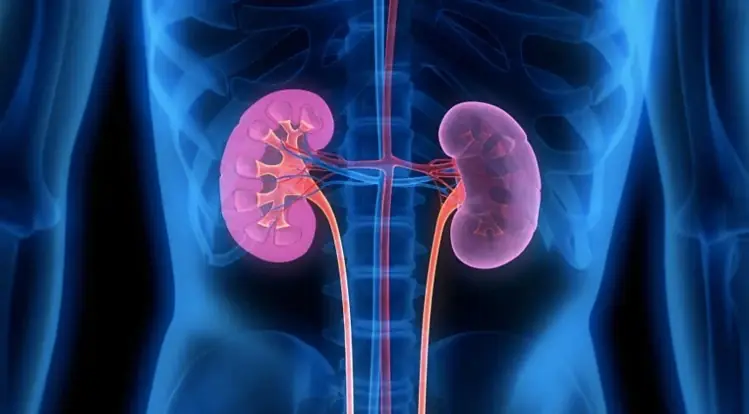
5 Signs of Kidney Failure That, If Ignored, Could Lead to a Lifetime of Dialysis
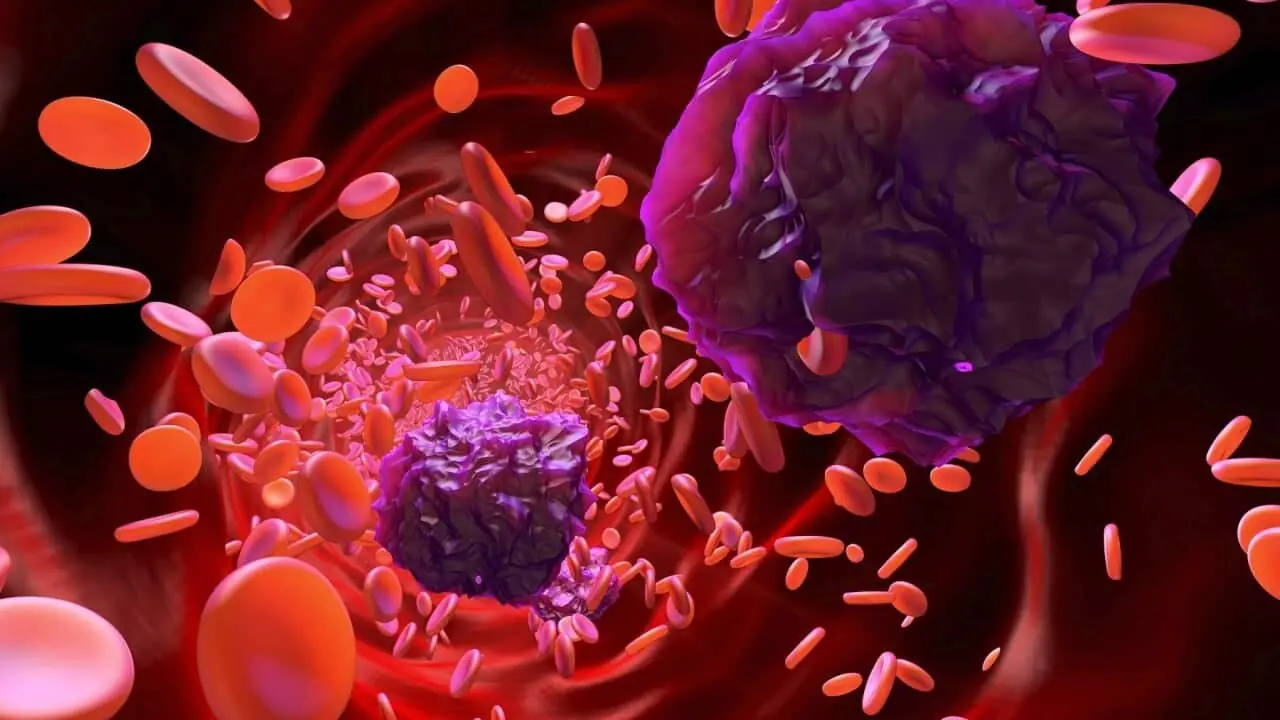
Is Cancer Hereditary? Useful Advice to Prevent the Growth of Cancer Cells

4 types of people who should avoid eating cucumbers

10 Warning Signs It’s Time to Cut Back on Caffeine

Legs Feeling Weak? These 3 Drinks Can Bring Back Your Strength
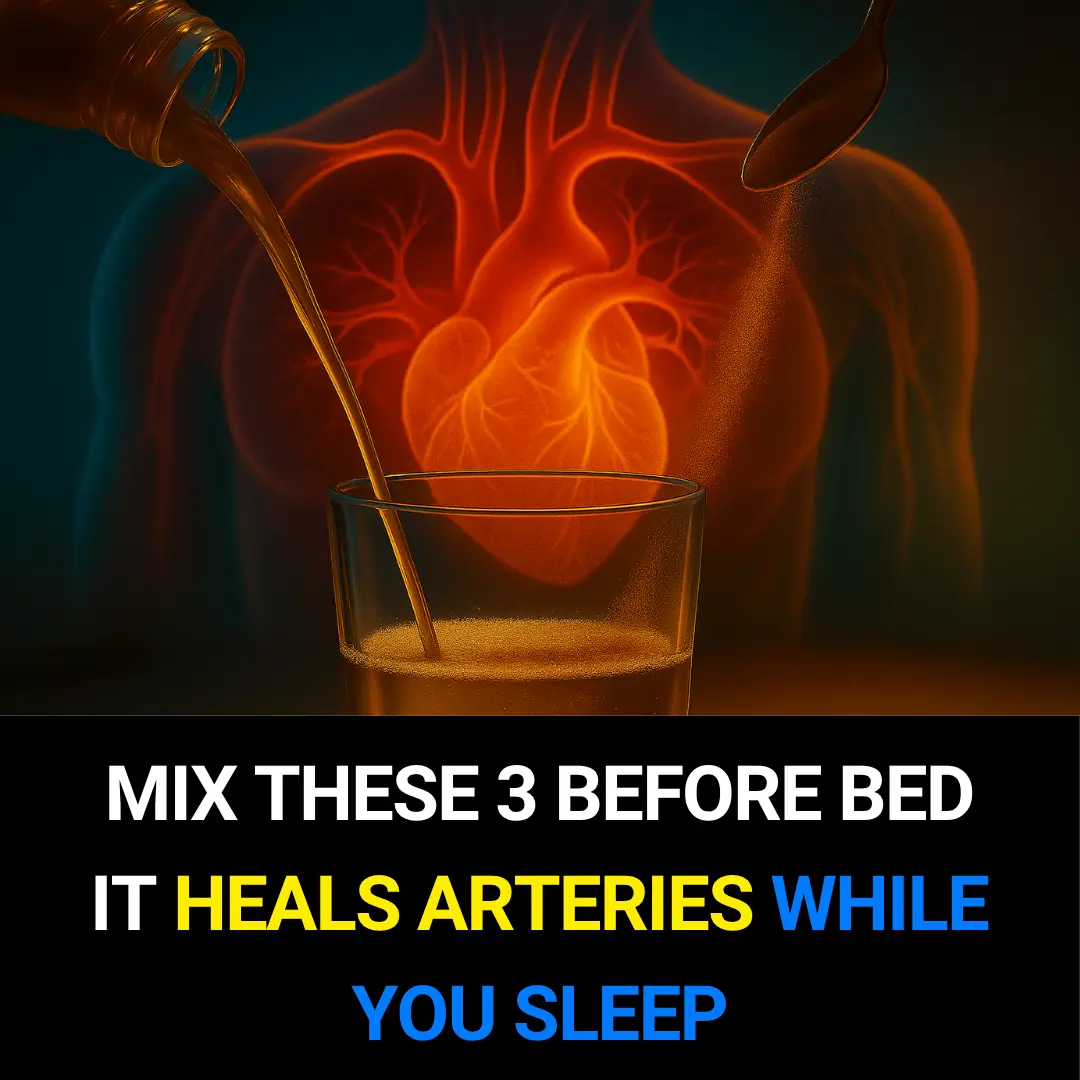
Mix These 3 Before Bed — They Help Heal Your Arteries While You Sleep
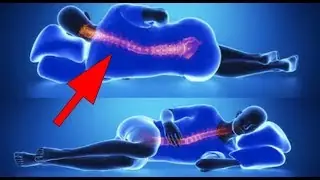
Stop Sleeping Like This — It’s Ruining Your Spine!
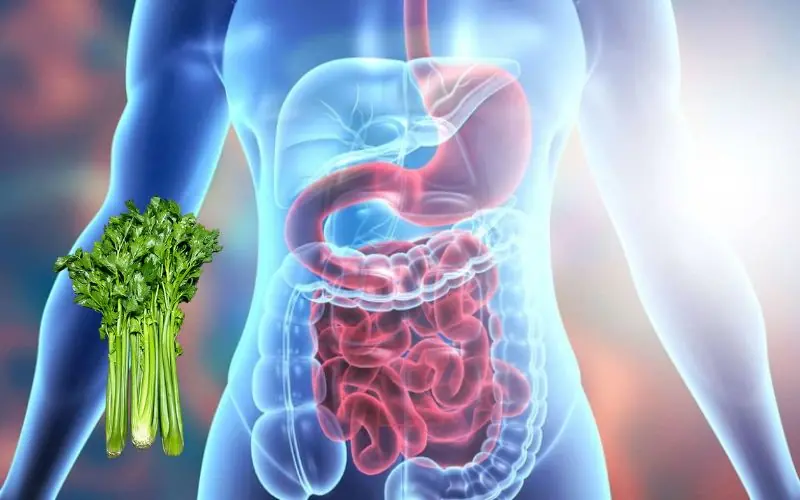
Eat Celery Regularly for a Healthier Digestive System and Lower Blood Sugar Levels

What Your Feet Can Reveal About Your Blood Pressure, Thyroid And Arthritis Risk
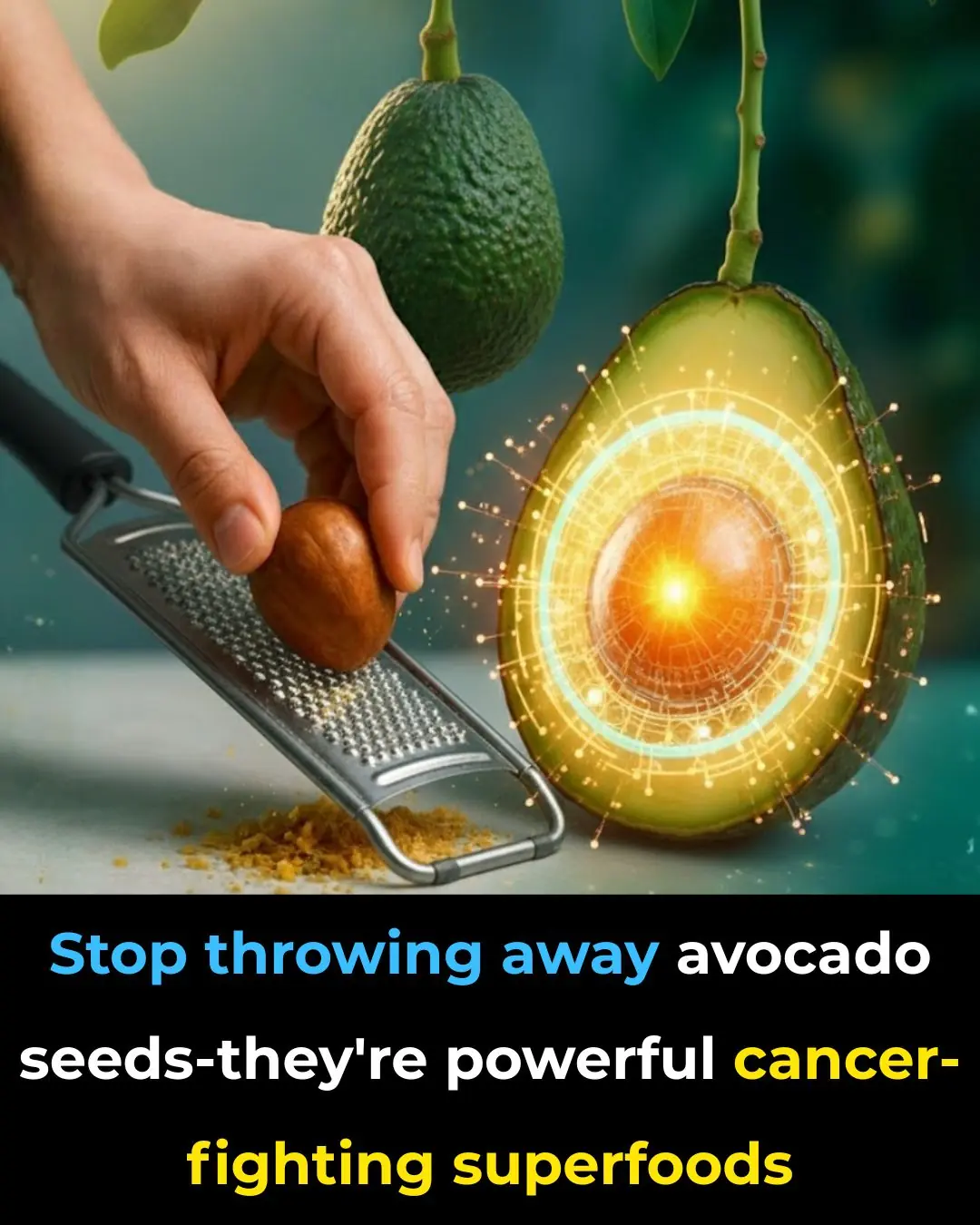
Stop Throwing Away Avocado Seeds: They’re Potent Cancer Fighters!

Why You Should Drink THIS Warm Turmeric Water In The Morning

Does The Inside Of Your Ear Itch
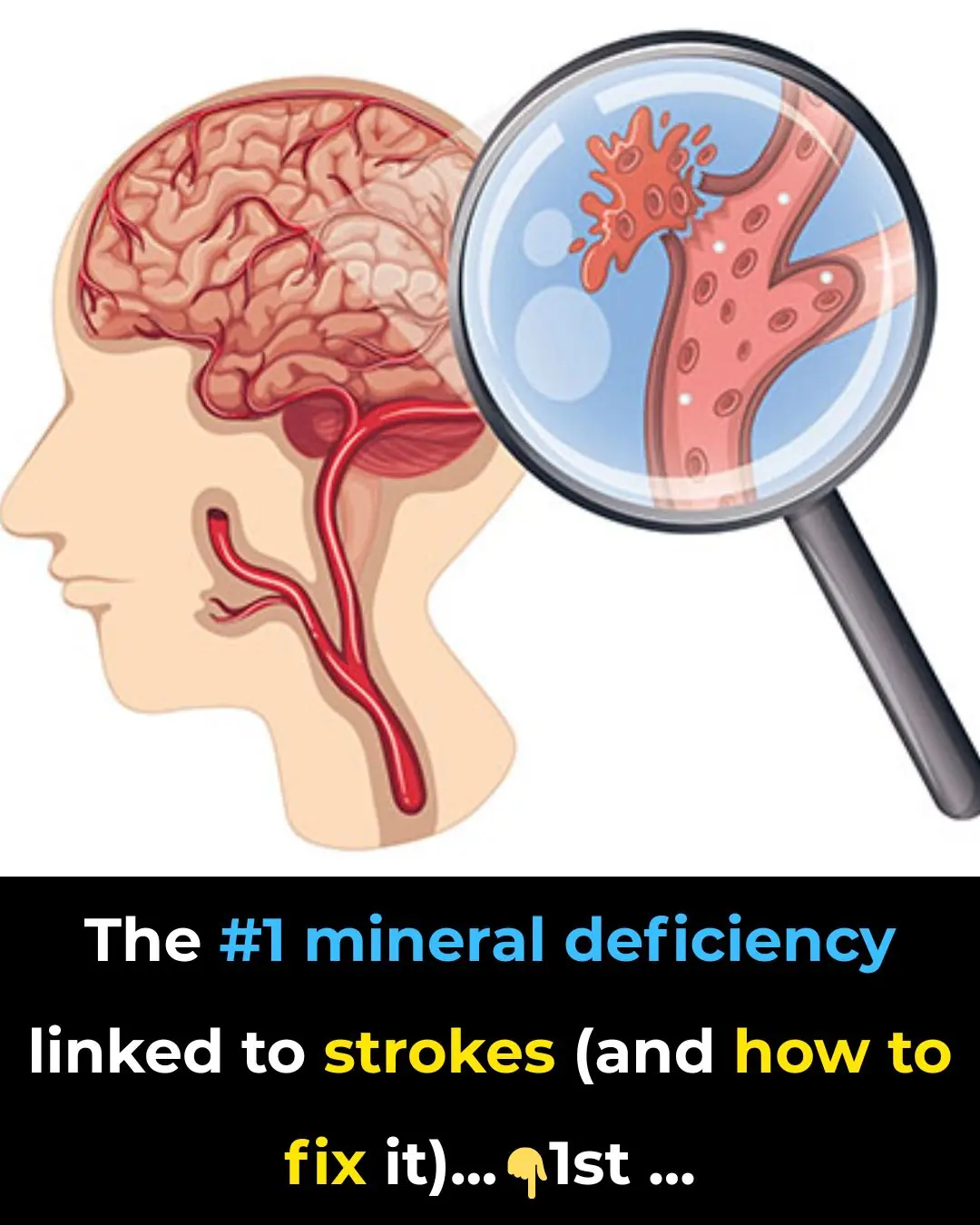
The #1 mineral deficiency linked to strokes (and how to fix it)
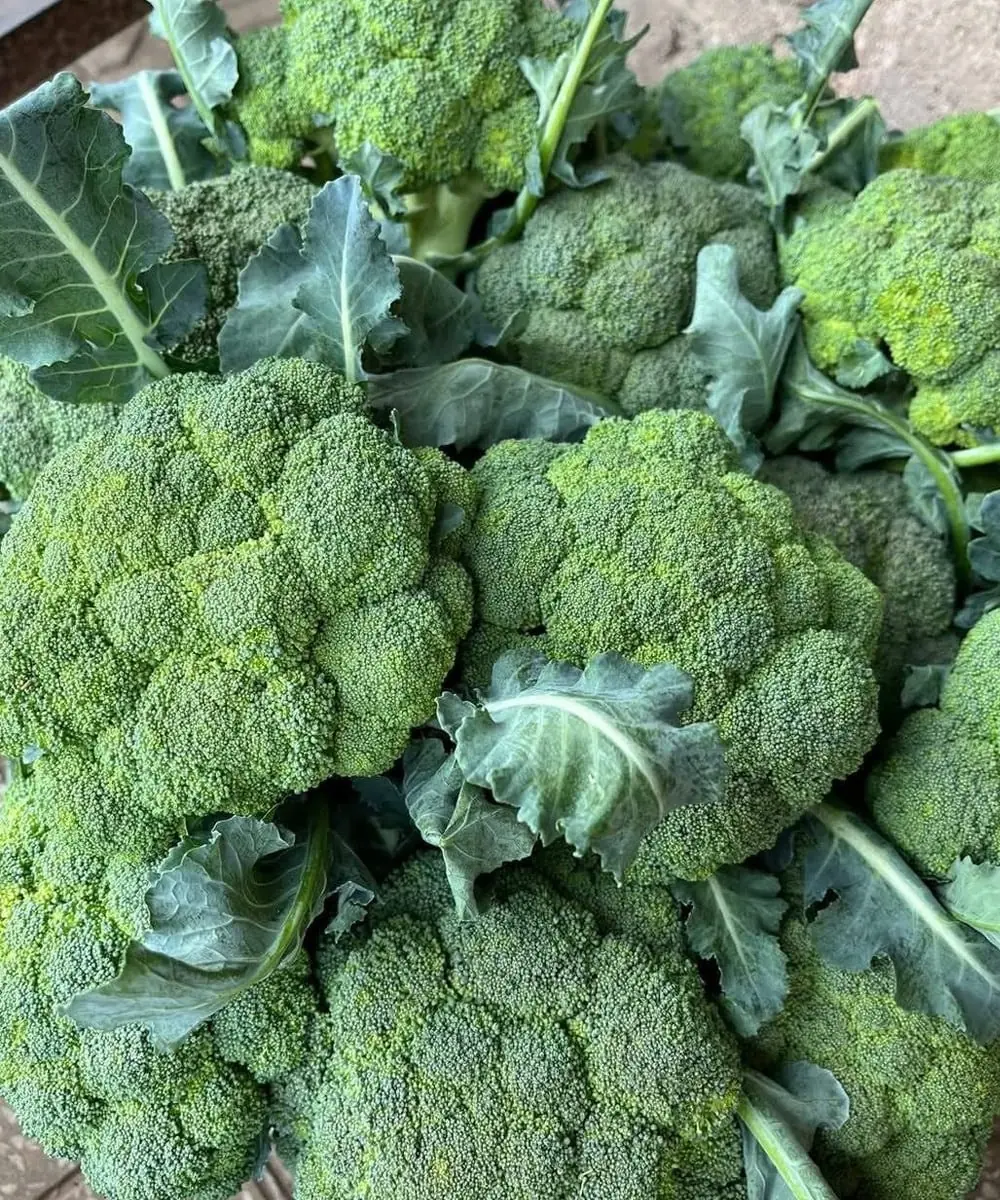
Is Broccoli Better Than Cauliflower? The Real Truth About Cancer Risk, Heart Health and More

Eat 3 dates daily and these 6 things will happen to your body!

What Your Belly Is Trying to Tell You
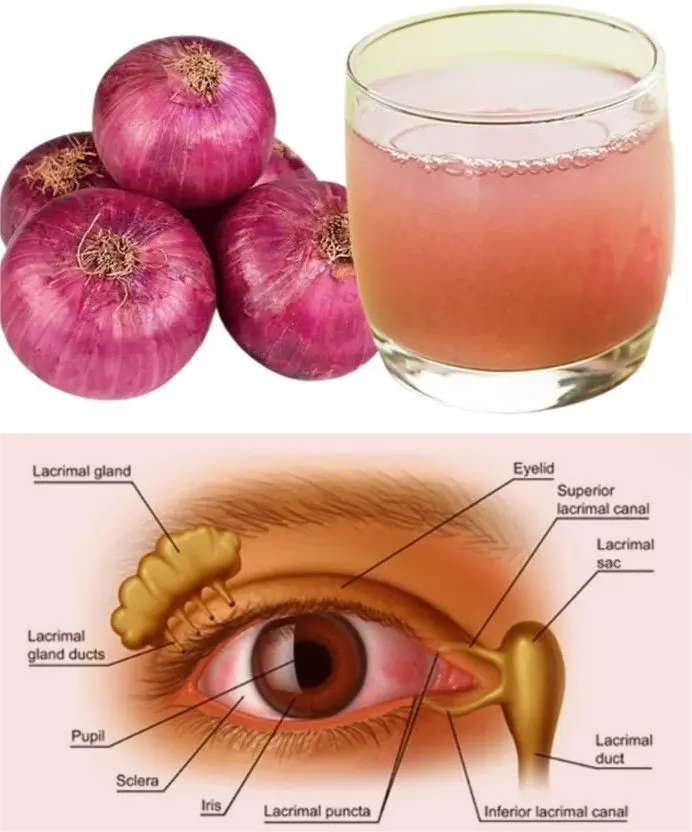
Can Onion Juice Gently Support Eye Health? A Natural Tip to Try
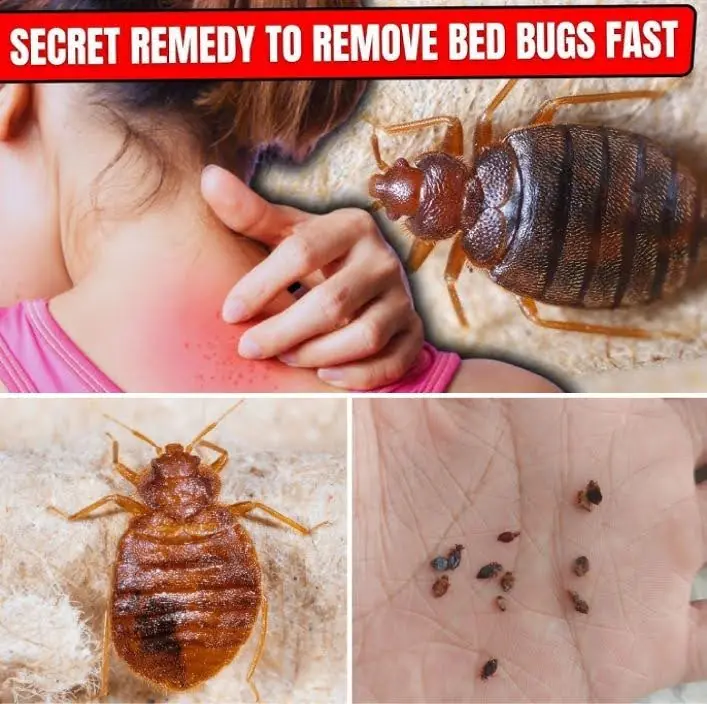
Bed Bugs Hate This! How Diatomaceous Earth and Cloves Can Wipe Them Out
News Post

5 Signs of Kidney Failure That, If Ignored, Could Lead to a Lifetime of Dialysis

Is Cancer Hereditary? Useful Advice to Prevent the Growth of Cancer Cells

4 types of people who should avoid eating cucumbers

10 Warning Signs It’s Time to Cut Back on Caffeine

Scientists Reveal Interoception, the Amazing Sixth Sense of Humans

Stop throwing out old hoses. Here are 10 brilliant hacks to use them around the house

Shaun Wallace’s heartbreak over tragic family death: ‘I watched him physically degenerate’

EXCLUSIVE: Kerry Katona 'upset' over 'selfish' Katie Price as cracks show in friendship

You’re doing it all wrong. Here’s the right way to clean air vents

Big Brother fans fume ‘she can't get away with this’ as they slam housemate

My nana taught me this hack to get rid of lawn burn from dog pee in 5 mins with 0 work. Here’s how it works
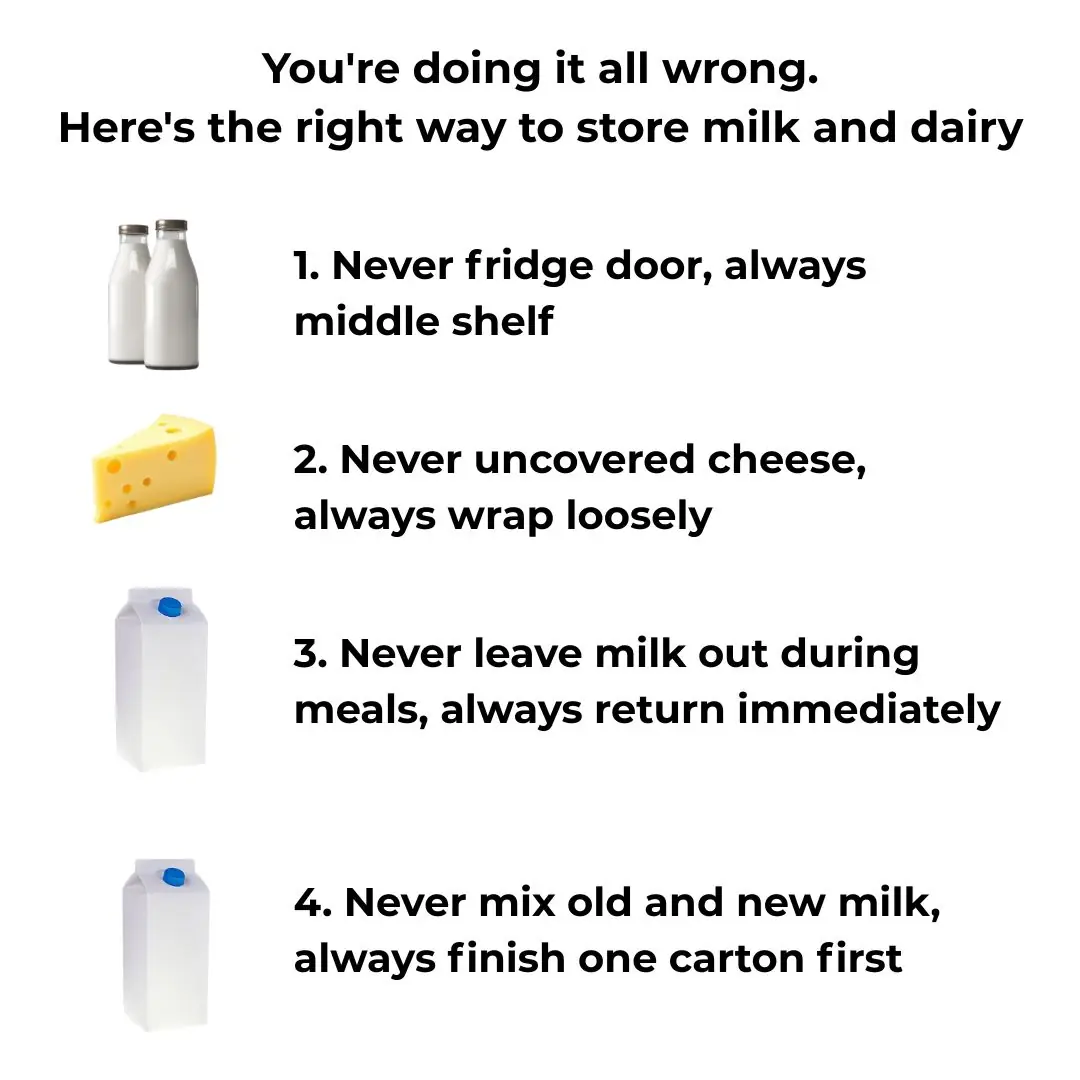
You're doing it all wrong. Here’s the right way to store milk and dairy
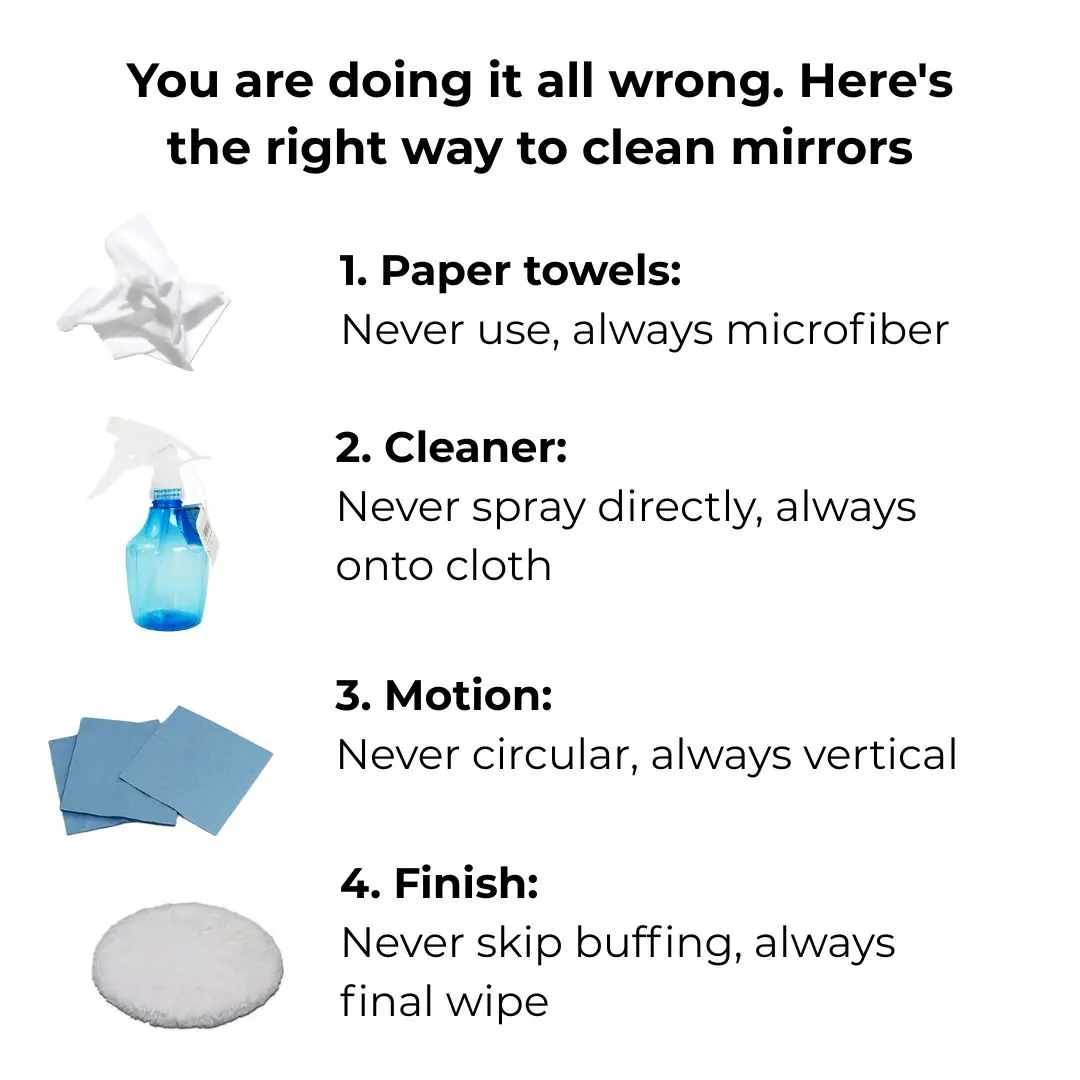
You are doing it all wrong. Here's the right way to clean mirrors
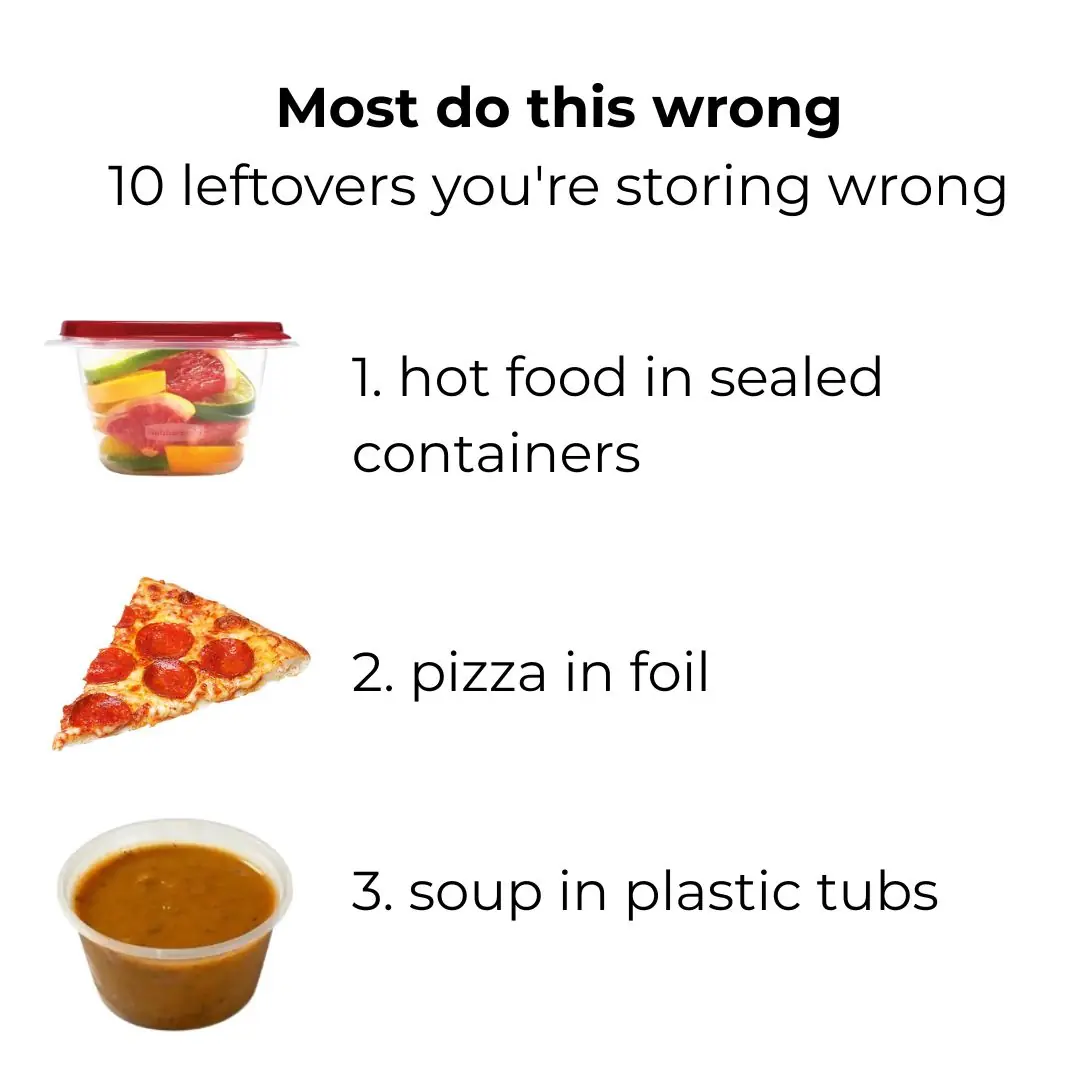
Most do this wrong. 10 leftovers you’re storing wrong

Delicious and crispy onion salt, you can keep it all year round without worrying about scum, just make it this way, whoever eats it will remember it forever
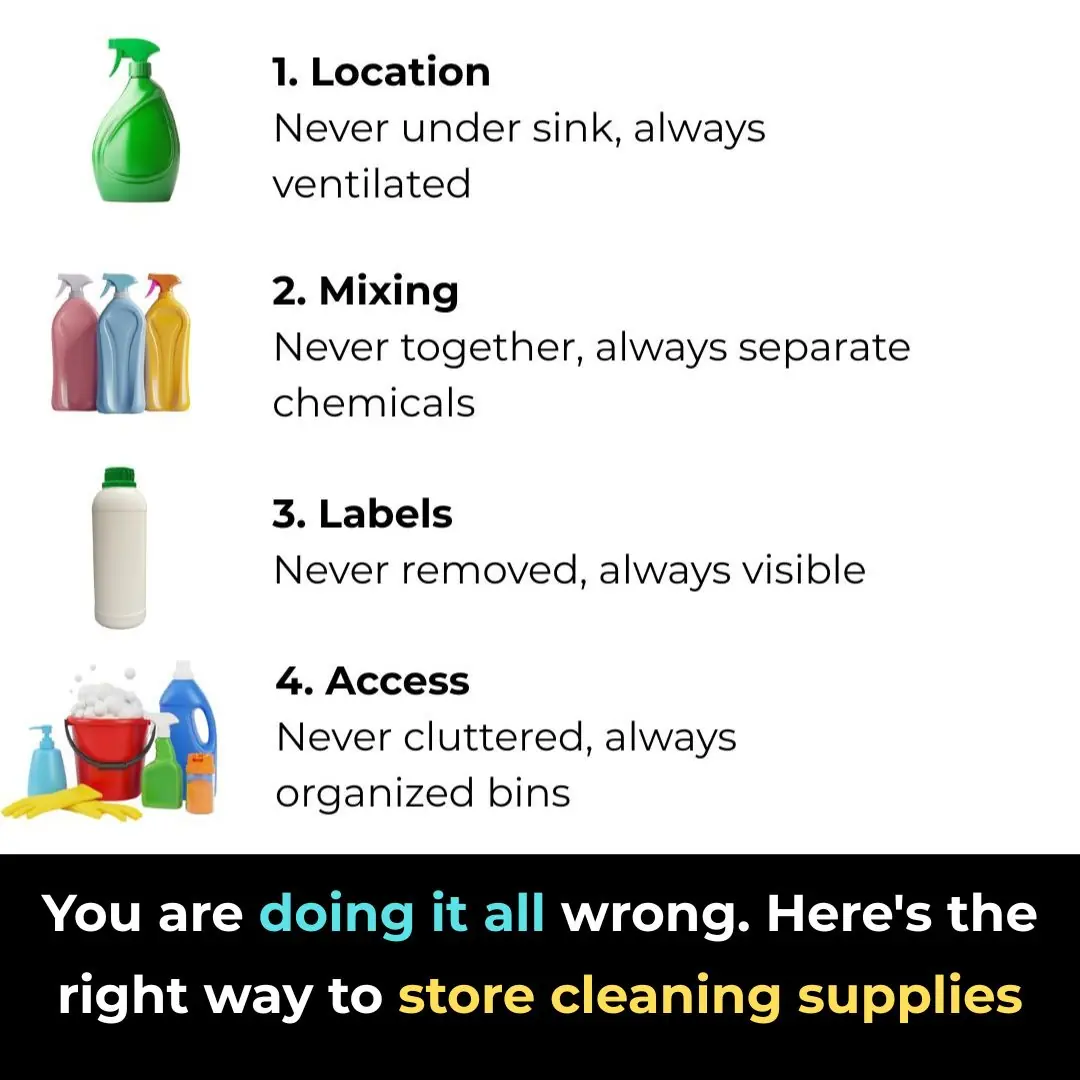
You are doing it all wrong. Here's the right way to store cleaning supplies

My nana taught me this hack to whiten yellow pillows in 5 mins with 0 work. Here’s how it works
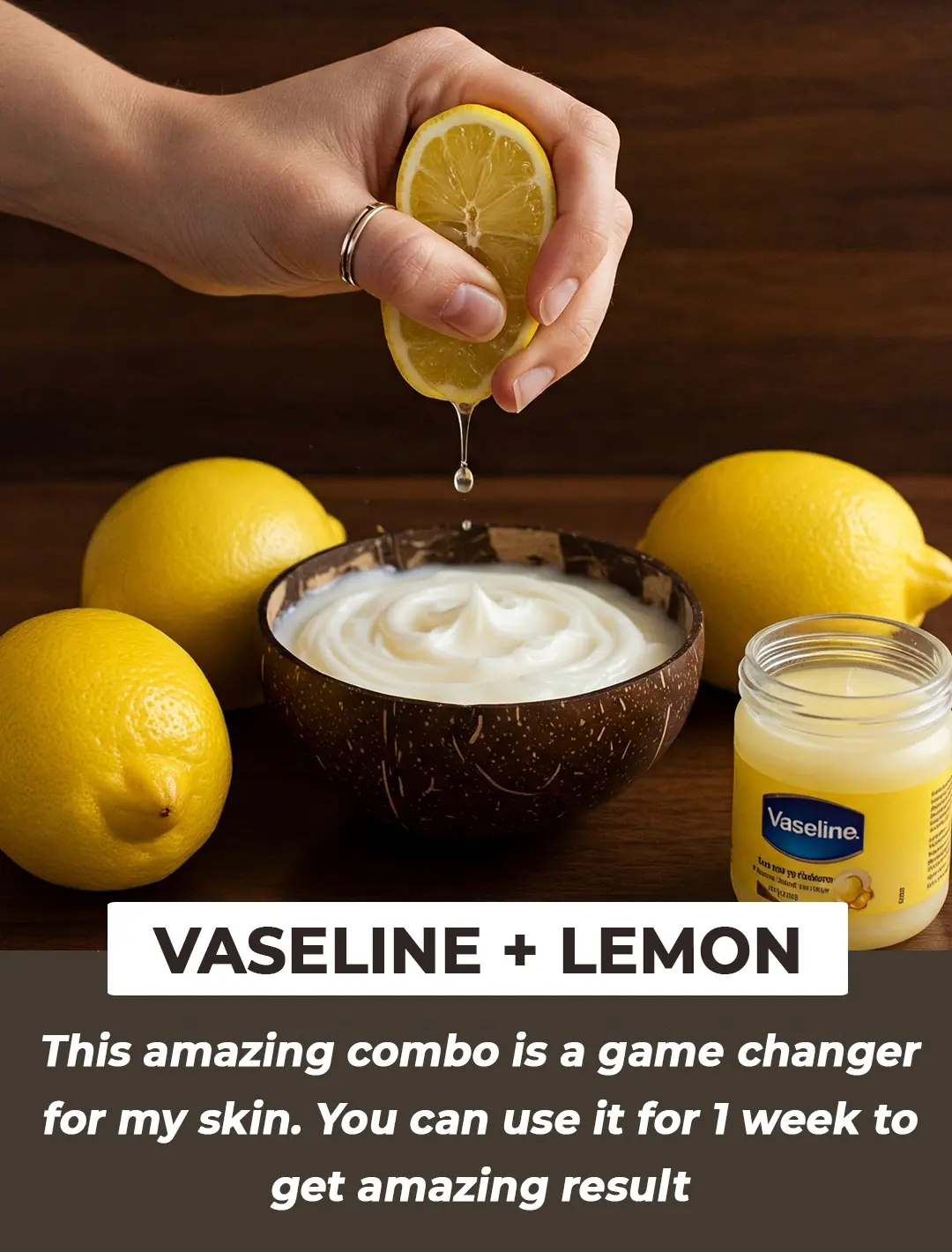
3 ultimate recipes using Vaseline & lemon to erase dark spots, clear acne and glow skin

These Seeds Can Do Magic On Your Hair
